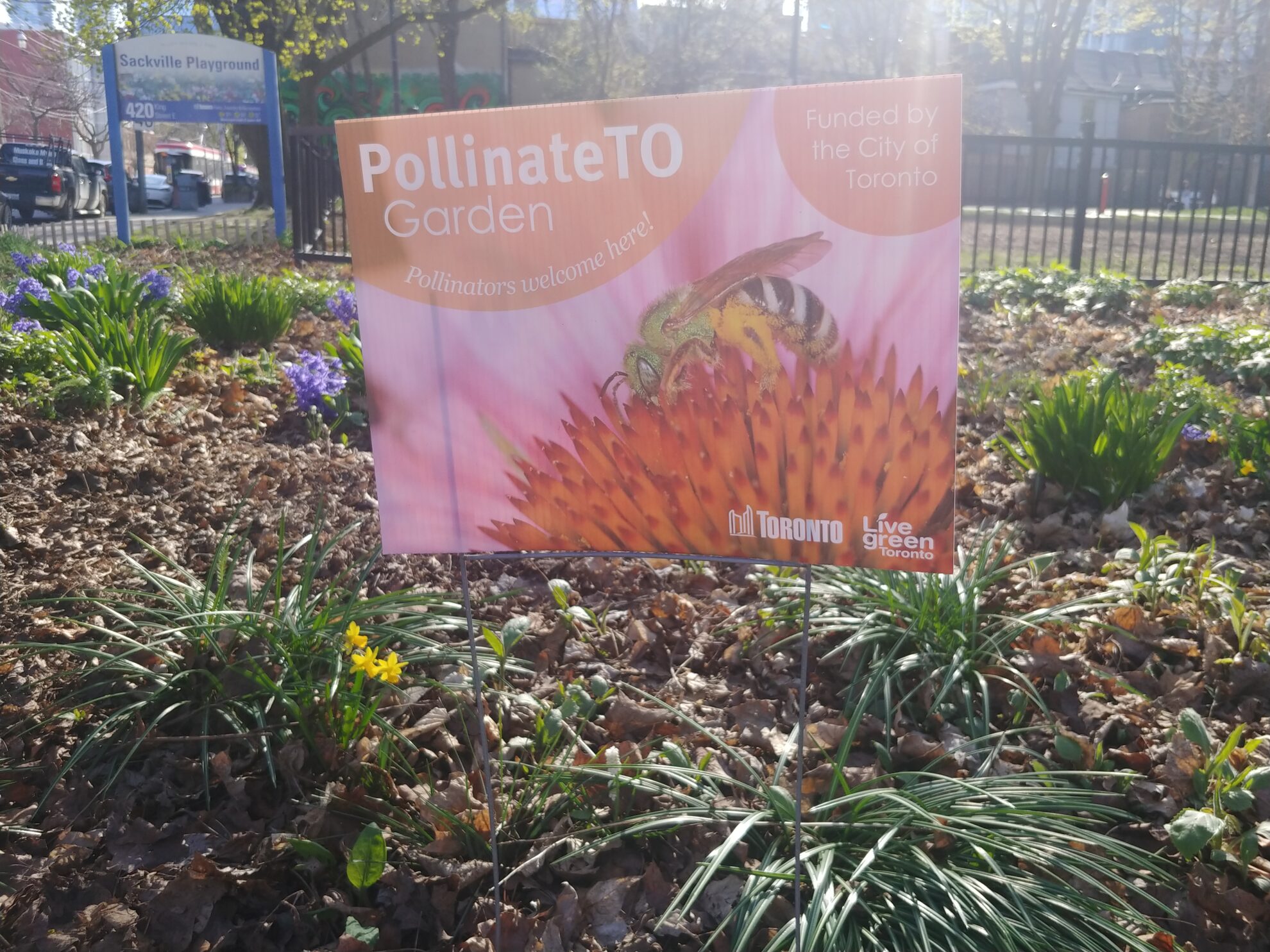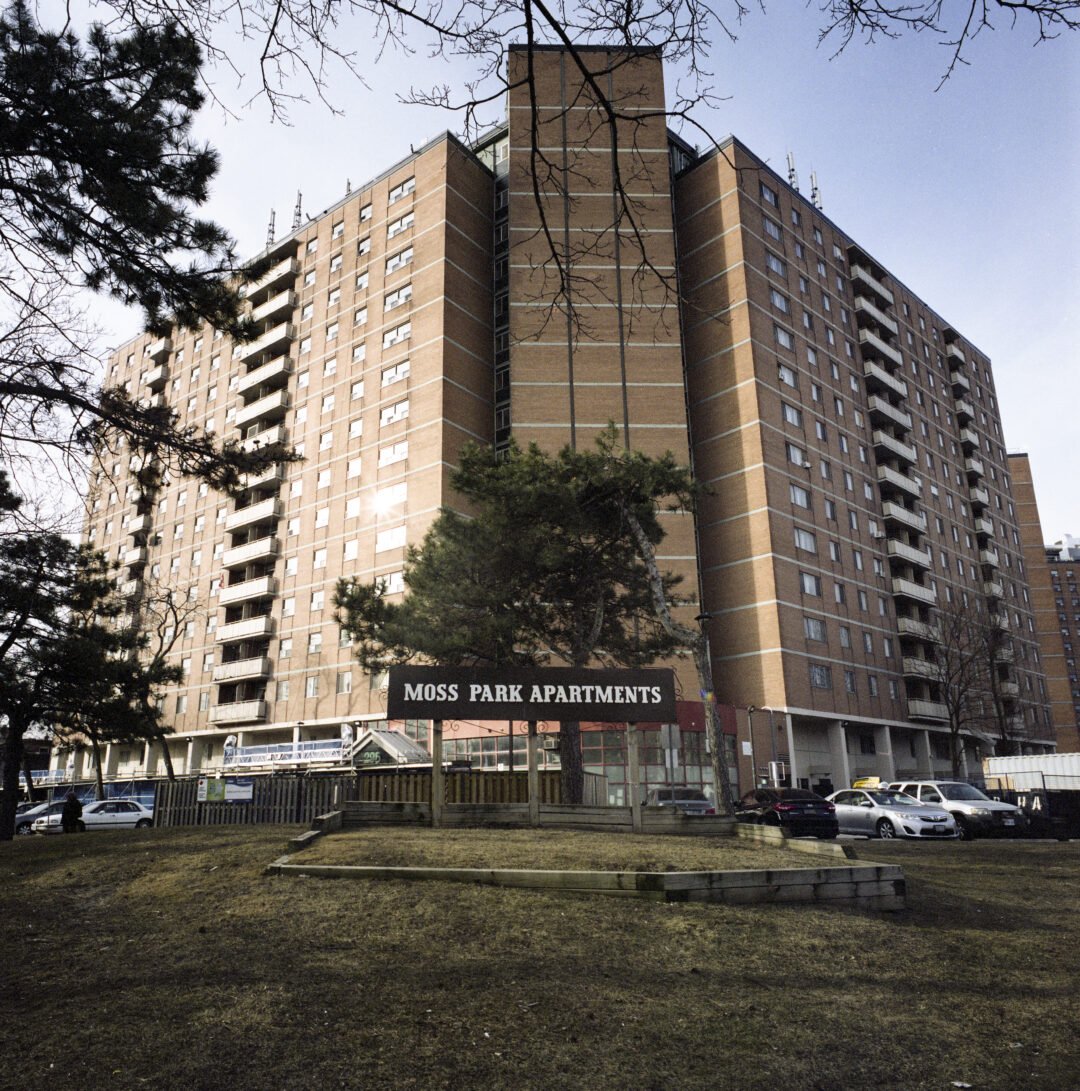Dennis Hanagan –
The butterflies, bees, flies and beetles flitting and crawling around your yard aren’t just bugs – they’re doing an important job for your garden and food crops.
Science knows them as pollinators. Farmers and urban gardeners need them to spread pollen from the male part of a plant, the stamen, to the female part, the pistil, to start fertilization and produce seeds.
Jennifer Lay, volunteer coordinator for the Monarch Meadow pollinator garden at Joel Weeks Park in Riverside, encourages people to create insect-friendly gardens. In addition to helping pollinators, these gardens host an interesting show of insects .
Pollinators “are everywhere but they also are fragile. When you have a pollinator garden you can take the time to observe them and see what they do and how gentle they are and beautiful,” Lay told the bridge in an interview.
However, habitat loss, pesticides and climate change have contributed to declining pollinator populations. Toronto Master Gardeners, a group of horticultural experts, describes a “vast decline” worldwide, with hundreds of species close to extinction. TMG’s website (torontomastergardeners.ca), says it’s “imperative…to ensure that pollinators have access to the habitat that they need. That’s where a pollinator garden comes in.”
Trying to reverse the decline is the City of Toronto’s PollinateTO program, which offers grants of up to $5,000 to start a garden. Since 2019 it has helped create 500 gardens. (Applications for 2025 grants closed in October.)
Pollinator Partnership Canada, a registered not-for-profit charity, focuses on education, research and conservation to protect pollinators. It provides start-up gardeners with ecoregional guides to determine which native plants suit a particular region. (Toronto is in Ecoregion 7E, covering southwestern Ontario to the shores of Lake Erie and western Lake Ontario .)
The Joels Weeks garden began in 2013, a year after the park was redeveloped, Lay says. It started by growing vegetables but was later converted to a pollinator garden, partly because of nearby shade trees.
The garden has two large circles, each about 700 square feet, with decorative metal perimeter fences to keep dogs out. Squirrels and raccoons aren’t a menace because they’re not drawn to pollinator plants such as milkweed, bee balm and butterfly bush.
With a donation of plants that would otherwise have been expensive to buy, and advice from Pollinator Partnership, a team of volunteers planted Monarch Meadow. It requires maintenance, says Lay, especially to remove invasive species such as dog strangling vine.
“A number of invasive species will come in and almost create a matt over your garden,” Lay adds. But “you don’t want to disturb it too much because the pollinators have their eggs … you have to be careful.” Monarch butterflies lay a single egg on the underside of a milkweed leaf, which becomes food for the caterpillar.
Farm country and cities have their own pollinator populations and the two likely won’t mix. However, if enough pollinator gardens are created in the city close together, says Victoria Wojcik, director of Pollinator Partnership Canada, they become pollinator “stepping stones” to the countryside.
“Pollinators can’t go that far (into the countryside) and the truth is they don’t,” Wojcik says. “Their dispersal distance between where their nest is and where they can effectively forage is less than a half kilometre.”
Insect gardens in the city, she says, support pollinators necessary to keep urban ecosystems thriving, particularly in Toronto’s many ravines. Those ecosystems help reduce flood risks, serve as natural air purifiers and provide habitat for wildlife.
“If you plant in the city you are helping your local pollinators, which are interacting with the wildflowers in our ravines, along our shorelines,” says Wojcik.
As for Monarch Meadow, Lays says volunteers’ gardening efforts don’t go unnoticed by passersby. “They’re very appreciative when they see people out in public spaces gardening. It’s nice when people come by and compliment you and show appreciation.”




